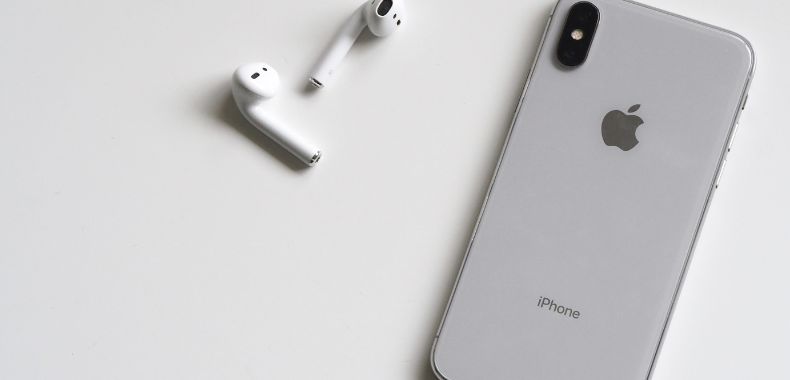The Supreme Federal Court (STF) decided that the dispute over the use of the “IPHONE” brand in Brazil has a constitutional character and recognized the existence of general repercussions.
The General Repercussion is a procedural instrument inserted in the Federal Constitution of the Federative Republic of Brazil of 1988.
The matter will be subject to the judgment of ARE No. 1.266.095, filed by IGB ELETRONICA S.A. The applicant wants to seek the judgment which dismissed the appeal and confirmed the sentence.
IGB ELETRONICA S.A maintains that the judgment under appeal violates the right to property and the principle of free competition. It states that it would have fulfilled the legal requirements to register the trademark and that, when the exclusive use of the term “IPHONE” was subtracted, there was a direct violation of art. 5, XXIX, of the Federal Constitution, according to which it provides:
“Article 5. All persons are equal before the law, without any distinction whatsoever, Brazilians and foreigners residing in the country being ensured of inviolability of the right to life, to liberty, to equality, to security and to property, on the following terms:
(…)
XXIX – the law shall ensure the authors of industrial inventions of a temporary privilege for their use, as well as protection of industrial creations, property of trademarks, names of companies and other distinctive signs, viewing the social interest and the technological and economic development of the country”
In 2018, the Superior Court of Justice (STJ) ruled that the Brazilian company did not have exclusivity over the term IPHONE in Brazil, which resulted in the filing of a Supreme appeal to the Federal Supreme Court.

Understand the case
This is a dispute that started in 2012, when IGB ELETRÔNICA (formerly called GRADIENTE) launched Android devices under the “IPHONE” brand and claimed to have rights to the name.
This is because the National Institute of Intellectual Property (INPI) granted the Brazilian company the G GRADIENTE IPHONE registration to identify cell phones – valid throughout in the territory of Brazil.
As a result, Apple Inc. filed a lawsuit against IGB Eletrônica S/A and the National Institute of Industrial Property – INPI, seeking the partial nullity of registration holding that the name “IPHONE” was already widely associated with it and could mislead consumers.
In the first instance, the lawsuit was upheld to declare the partial nullity of the trademark registration.
The INPI and Apple appealed to the to the Court of Second Instance (Federal Court of Appeal for the 2nd Region – TRF2). However, the Court did not reform the sentence.
Defendants filed a Special Appeal against this decision. In the judgment of Special Appeal number 1.688.243 – RJ, The Superior Court of Justice – STJ, the highest Brazilian court for standardizing the interpretation of federal law all over the country – by majority vote, confirmed the understanding of the Federal Court of Appeal for the 2nd Region and concluded that the isolated use of the term “iPhone” by any other company (other than Apple), to designate cell phones may have harmful consequences that the Industrial Property Law does not allow.
The development for the STF to judge the lawsuit between Apple and IGB Eletrônica S.A took place after both companies failed to reach an agreement in hearings on the true owner of the name “iPhone”.
Therefore, the dispute is heading towards its conclusion.
—
Author: Sheila de Souza Rodrigues, Senior Associate at Peduti Advogados.
—
“If you want to learn more about this topic, contact the author or the managing partner, Dr. Cesar Peduti Filho.”
“Se quiser saber mais sobre este tema, contate o autor ou o Dr. Cesar Peduti Filho.”

